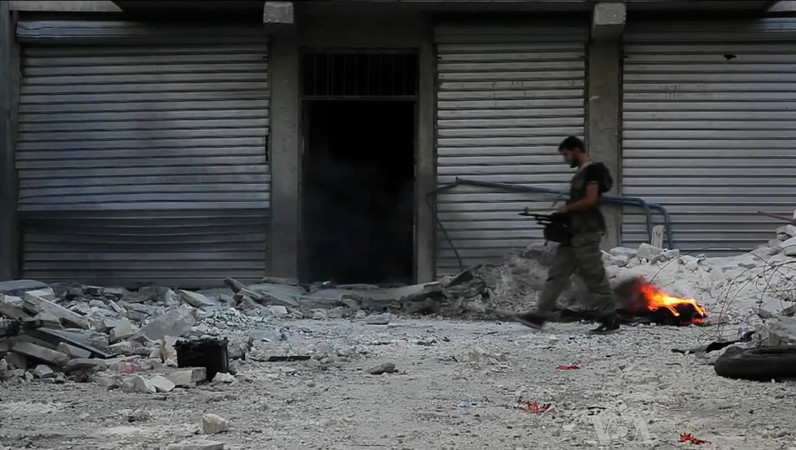Violations Documentation Center in Syria – VDC
Dear all, VDC is looking for an Executive Director, please see the Terms of Reference:
The Executive Director (ED) is fully responsible for running the VDC on the basis of an annual plan approved by the Board of Directors. The ED responsible in front of the Board of Directors of the VDC and presents them with an annual report on the performance, achievements and challenges that the VDC faces. He/she is responsible for the daily management of the VDC, and for representing it externally with various stakeholders and the media.
Responsibilities of the ED:
Design, implement and report on the progress of the VDC’s annual work plan;
Manage VDC staff, ensure smooth inter-department coordination.
More specifically, working under direct guidance from the Board on issues related to overall strategy and mandate, the ED will:
Set weekly, monthly and quarterly objectives that will ensure the implementation of the annual plan in close consultation with relevant sections chiefs;
Hold weekly meetings with Section Chiefs, to plan weekly operations of the VDC and ensure progress on set objectives;
Be responsible for the delivery of objectives as planned. Alternatively, and in consultation with the Board and with Section Chiefs, the ED might deviate from the plan in order to respond to outstanding developments that need immediate reaction/reporting from the VDC;
Represent the VDC at various forums and as requested by the Board, be able to defend the VDC’s mandate and budget, be able to account for changes in the plans that may have repercussions on the established budget;
Help Section Chiefs solve internal disagreements related to the running of the VDC operations:
Gradually take on the responsibility of meeting and briefing donors and potential donors on the VDC activities and budget proposals:
Liaise with the Board, on behalf of the VDC, on all issues related to the implementation of objectives and changes in plans.
Profile:
Syrian national;
Established experience (10 years minimum) in the field of rights and advocacy;
Established experience (minimum7 years) of progressive responsibility of managing a team;
Ability to clearly and eloquently articulate in writing and verbally communication (public and internal) related to the VDC, human rights, formal positions that the VDC’s takes on specific developments;
Excellent command of Arabic and English, French is a plus;
Excellent communication and inter-personal skills to allow for external representation and internal management;
While he/she might not be a jurist by profession or training, the ED is well versed generally in the human rights and IHL discourse, closely follows developments in these two fields, is comfortable referring to their principles/invoking them when looking at developments in and around Syria.
To apply: please email your CV and motivation letter to:


